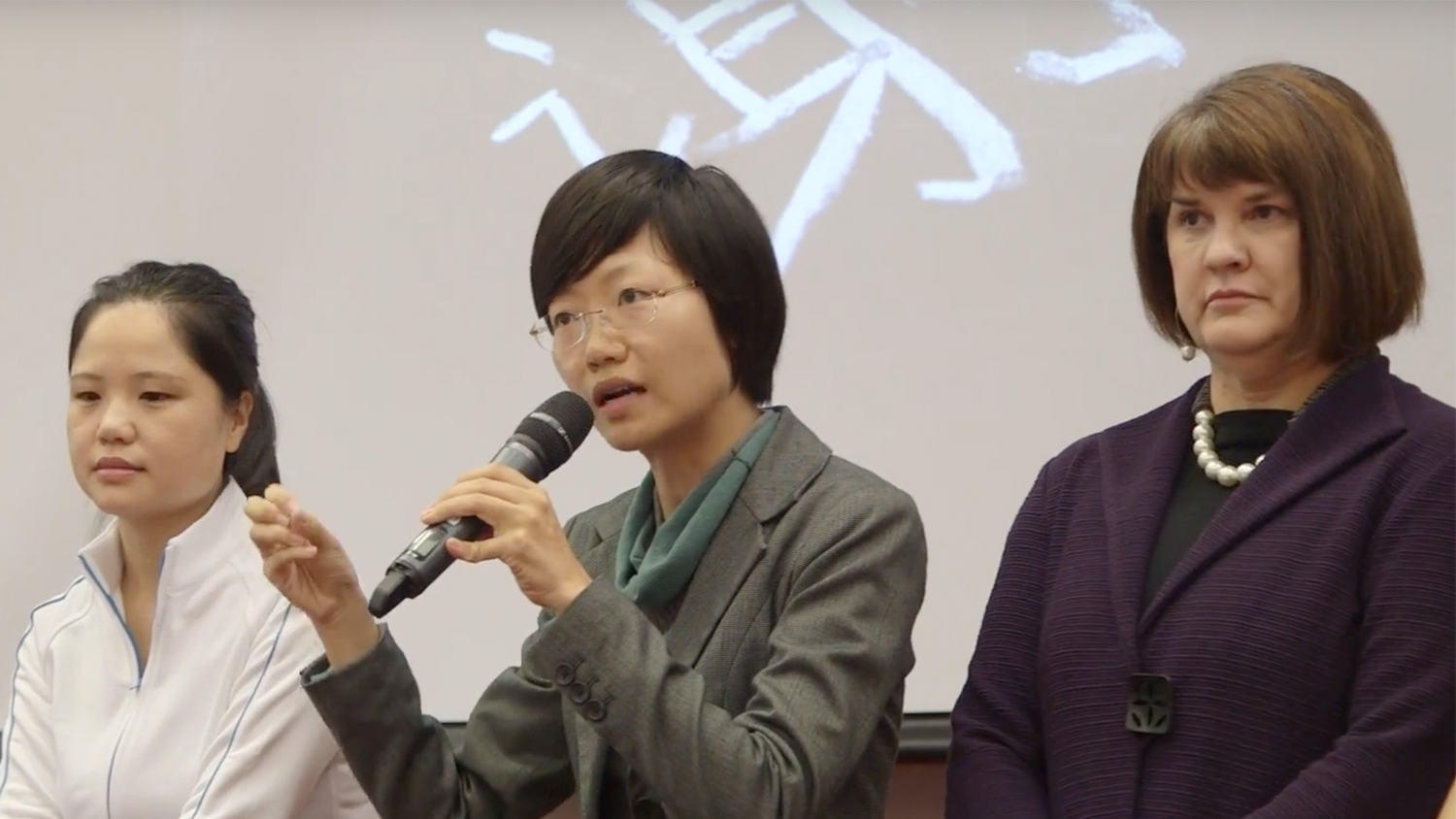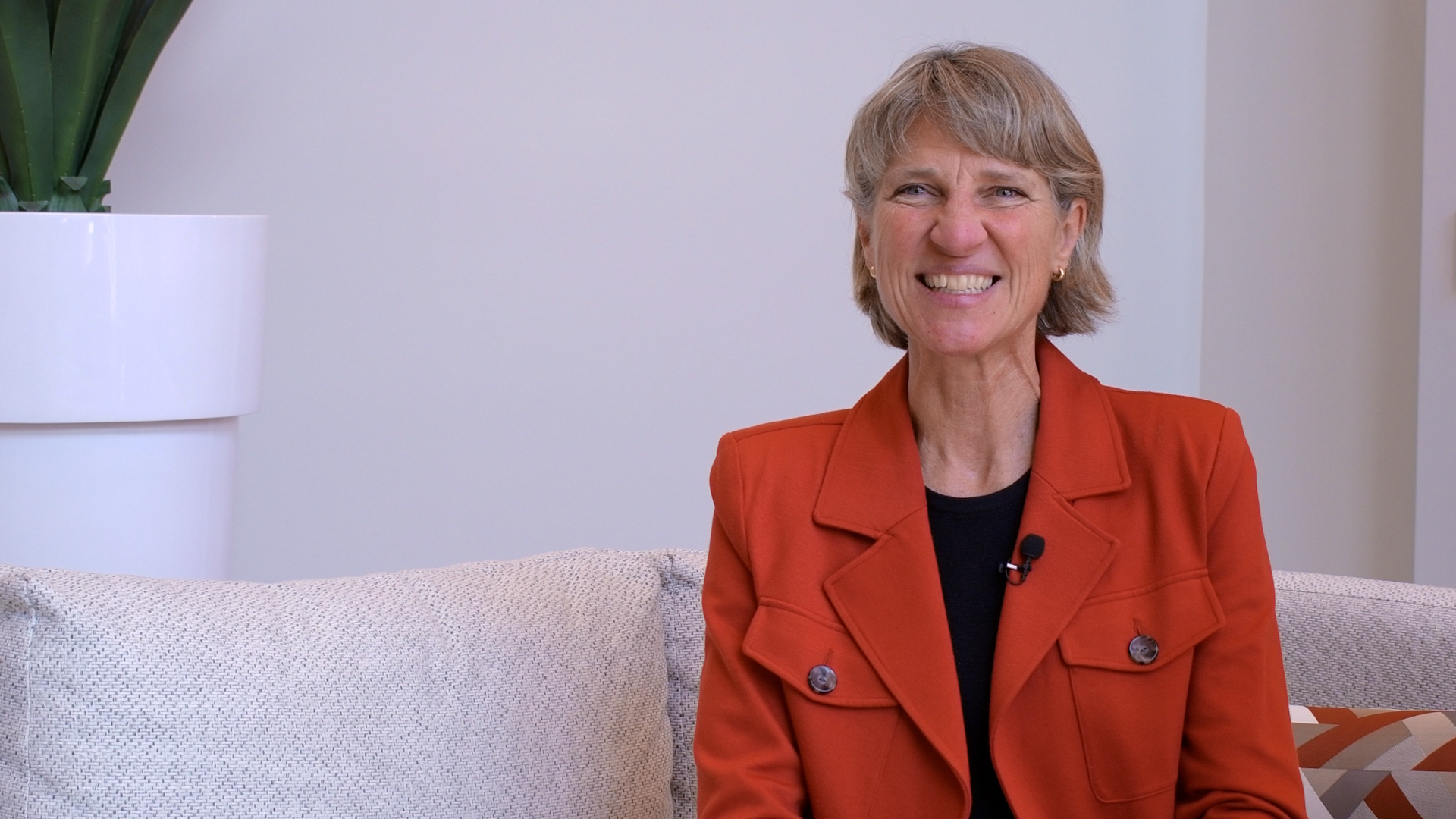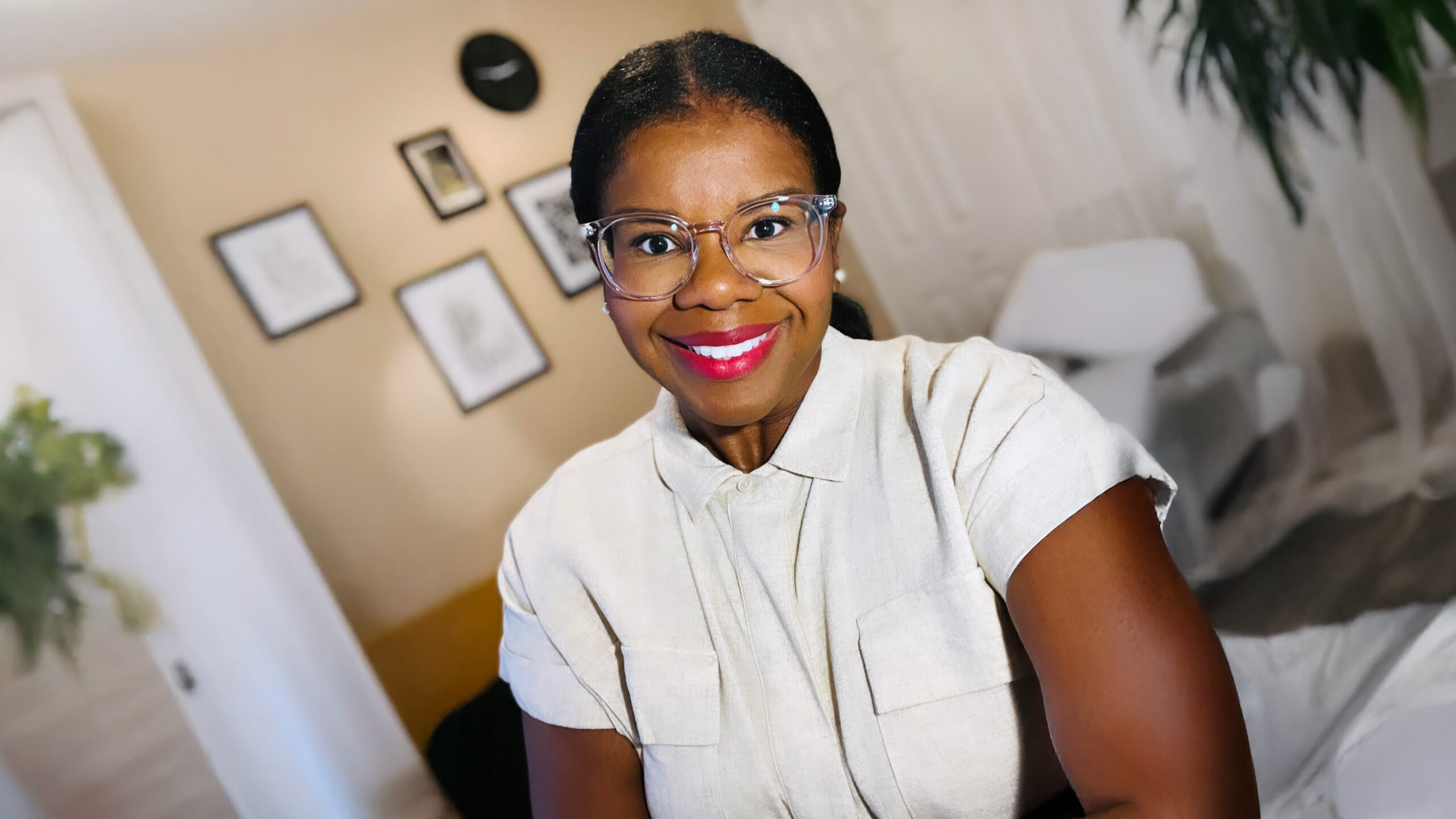Center for International Understanding Opens New Doors to a Global Community

The Center for International Understanding serves North Carolina by promoting awareness, expanding understanding, and empowering action through global education. By connecting more than 600 teachers around the world, the center allows educators to gain global experience critical to preparing students for next generation jobs.
Dr. Hiller Spires, a professor of literacy and technology here at the College of Education, is actively involved with the center and believes that its global connectivity is essential to the future of North Carolina.
Watch her interview in this video about the center and read on to learn more about Dr. Spires’ work.
Please tell us more about The Center for International Understanding and your involvement.
Hiller Spires (HS): I have been working with the Center for International Understanding for several years, specifically with my work in connecting Chinese teachers with North Carolina teachers. We also co-sponsor the biennial NC Summit on US-China Education. Our next summit will be September 1, 2016 at the Friday Institute.
Why do you think the work you’re doing with the center is so important?
HS: The center is a catalyst for bringing about a more globally-aware, globally-connected, and globally engaged North Carolina. They do this by sponsoring educators to study abroad as well as bringing educators from other countries to North Carolina.
What has been the biggest success or highlight thus far?
HS: The Center for International Understanding, along with NC State Board of Education, created a MOU with Jiangsu Province in China in 2008, which established the foundation for many partnerships between North Carolina and Chinese educators. As a result, I am helping create a state-of-the-art high school in Suzhou, which is part of Jiangsu Province. This school will be hub for continued collaborations between North Carolina and Chinese students and teachers.
- Categories:


